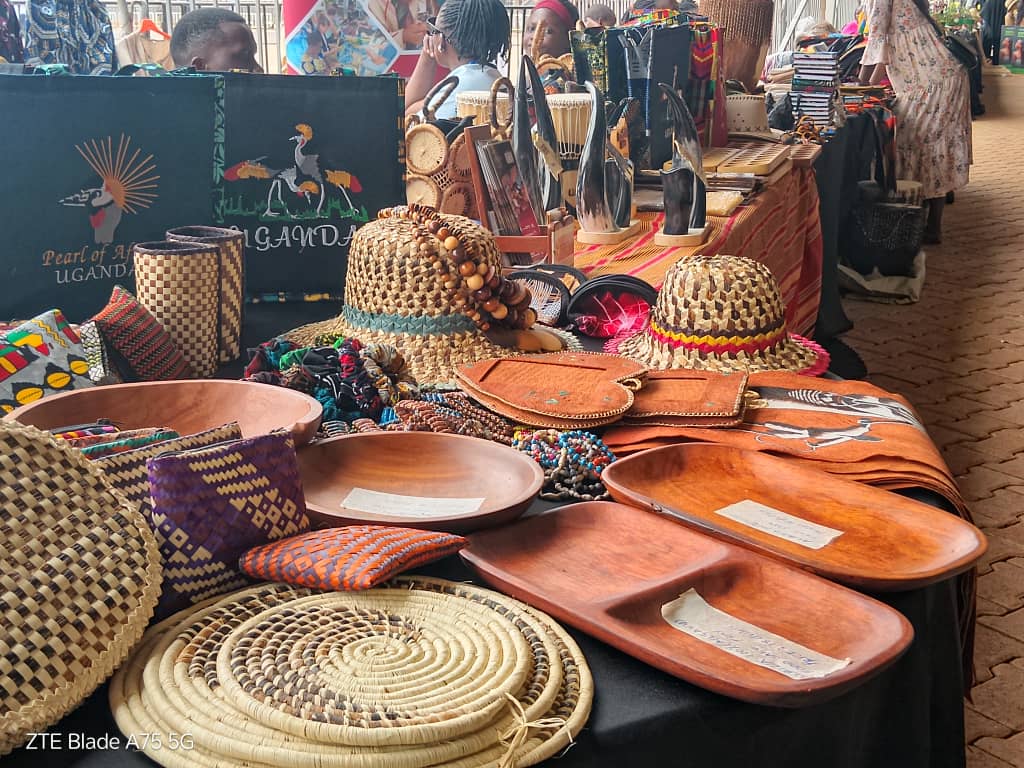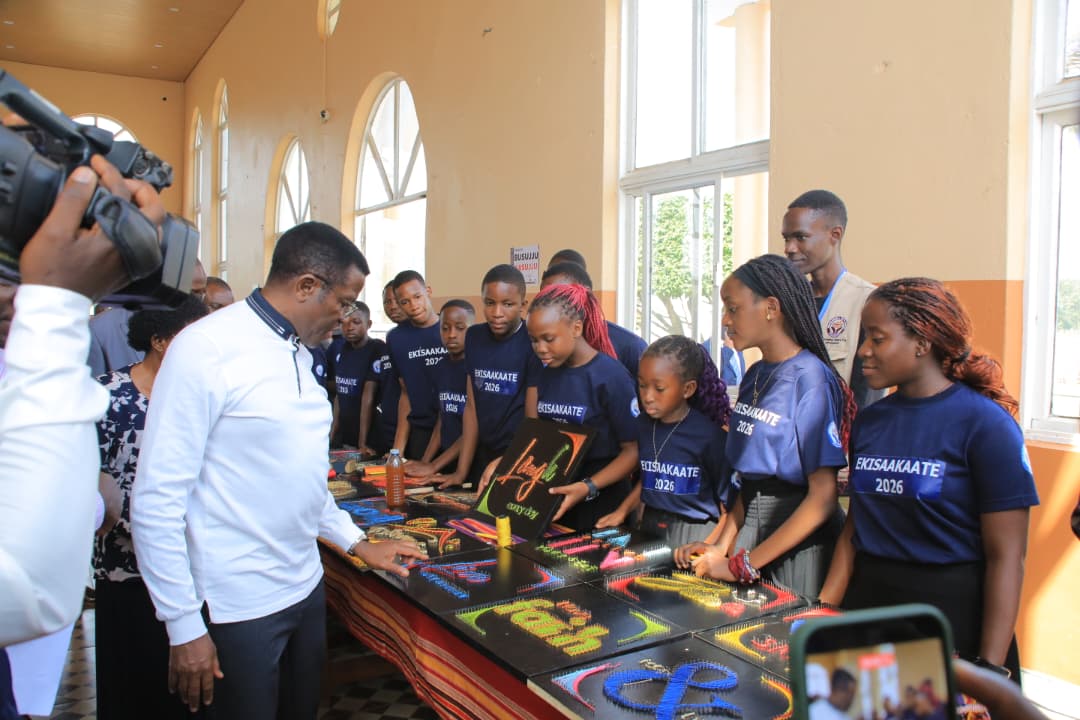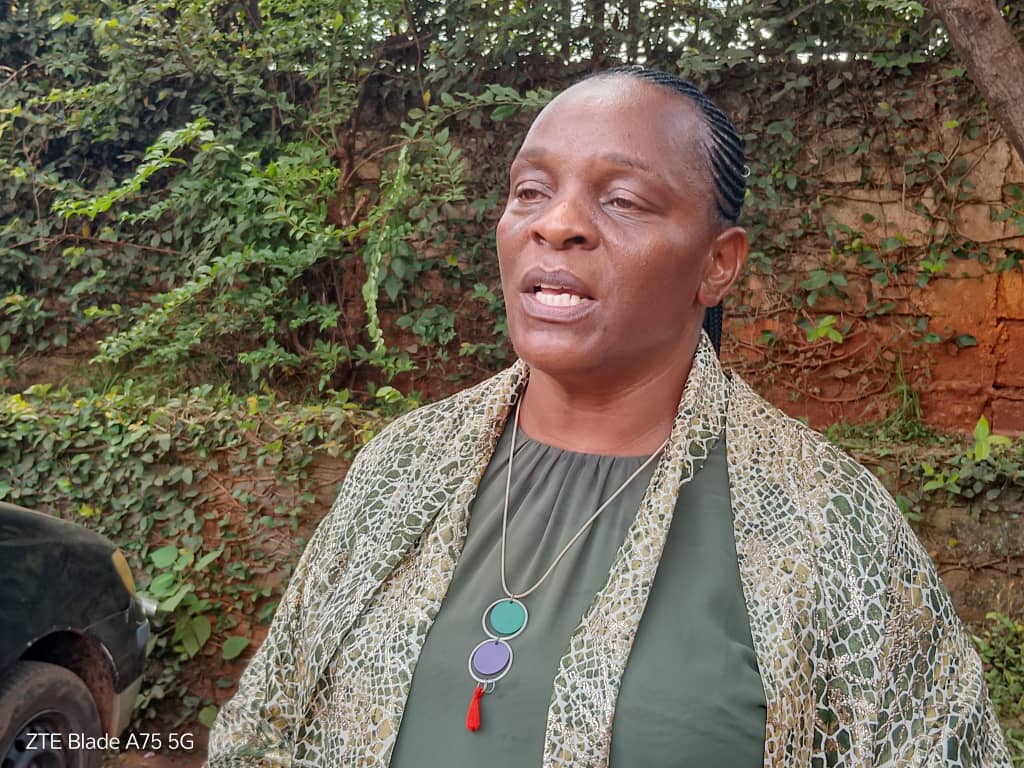Buganda has pledged to strengthen efforts to improve child health and welfare across its counties through a new partnership with UNICEF.
Katikkiro Charles Peter Mayiga announced the collaboration during the signing of a memorandum of understanding (MoU) with UNICEF at Bulange, Mengo today.
“We have agreed to work with our friends from UNICEF to improve child health among our children who are facing malnutrition, insecurity, lack of access to clean water, increasing school dropouts, and teenage pregnancies, among other challenges,” Mayiga said.
The MoU was signed by Dr Robin Nandy, UNICEF’s country representative in Uganda, and Buganda’s minister for Health, Education and Social Services, Cotilda Nakate Kikomeko, on behalf of their respective institutions.
Mayiga commended UNICEF for its continued focus on the health of children, youth, and women through strategies aimed at improving nutrition, reducing school dropouts, ending teenage pregnancies, and promoting girls’ education.
He said the partnership would help ensure that the basic rights of children to health, education, peace, food, and clean water are fully realised, rather than remaining “words on paper in our constitution.”
“It should be noted that the Buganda Kingdom has been at the forefront of improving the health conditions of children and her people. That is why most of the land where mission hospitals were built was donated by the Kabaka,” he said.
Dr Nandy said the new partnership will prioritise reducing preventable child deaths and malnutrition through widespread immunisation and by sharing life-saving information on health, water and hygiene.
He added that UNICEF would work with the kingdom to improve access to quality education by tackling barriers that keep vulnerable children out of school, promoting early childhood development, and re-enrolling learners through community campaigns.
“We will partner with traditional and cultural leaders for essential interventions, build capacity on child rights and gender equality, strengthen birth registration systems, and ensure robust support for child justice,” Dr Nandy said.
According to Dr Nandy, UNICEF hopes to use the kingdom’s cultural influence to create a “kingdom-wide movement for child ownership and rights” by shifting societal attitudes and practices. “
We will leverage the kingdom’s reach to produce educational content, host dialogues, and establish community feedback mechanisms so that children can advocate for their own rights and be recognised as powerful agents of change,” he added.







